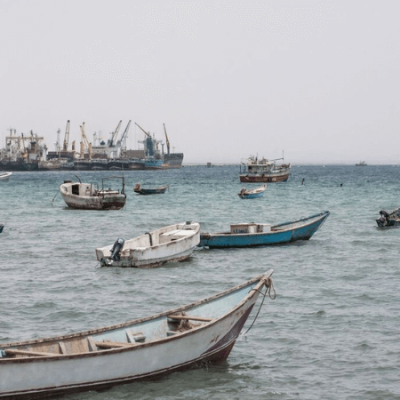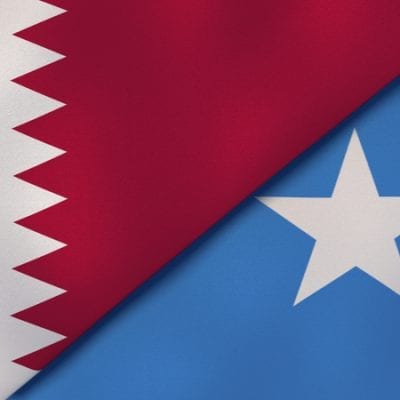EU, AU, US: Sudan War and Somalia’s Tension with Ethiopia – Unraveling the Complex Dynamics Threatening Horn of Africa’s Stability

In a pivotal development, the African Union (AU), European Union (EU), and United States (US) have jointly urged an immediate ceasefire and constructive dialogue among warring factions in Sudan. This call comes amid escalating tensions between Somalia and Ethiopia over an agreement involving Ethiopia and Somaliland, adding a layer of complexity to the Horn of Africa’s geopolitical landscape.
Sudan’s Unfolding Crisis: A Threat to Regional Stability
Sudan, embroiled in internal conflict since April, witnesses clashes between its armed forces and the rival Rapid Support Forces, vying for control. The unrest, evolving from long-standing tensions, has resulted in street battles across the nation, including the volatile Darfur region. The AU, EU, US, and UN collectively emphasize the dire consequences, with 7 million displaced and a staggering 19 million children deprived of education due to the ongoing conflict.
Michael Hammer, the US special envoy for the Horn of Africa, emphasizes the need for Sudan’s factions to adhere to international humanitarian law and fulfill commitments to halt hostilities. Urging concrete actions, he warns of potential consequences, stating, “They will be responsible for the break up of Sudan if this conflict continues.”
Keep Reading
Somalia-Ethiopia Relations: Navigating Troubled Waters
Simultaneously, attention is drawn to the escalating tension between Somalia and Ethiopia, particularly concerning an agreement signed between Ethiopia and Somaliland. Ethiopia’s accord, granting Somaliland access to the sea, has strained relations, with Somaliland anticipating recognition as an independent state, much to the dismay of Somalia.
Annette Weber, the EU special envoy for the Horn of Africa, underscores the interconnectedness of the crises, pointing to the Red Sea as a critical waterway carrying 10 percent of global cargo. The EU, AU, and US express concern over potential ramifications for international efforts to combat al-Qaeda-linked elements in Somalia due to escalating tensions.
The Urgency of Ceasefire and Diplomacy
The AU, EU, and US stress the urgency of an enforceable ceasefire in Sudan, emphasizing the need for close monitoring. Ramtane Lamamra, the UN envoy for Sudan, echoes the sentiment, stating, “Guns must be silenced,” highlighting the broader regional implications if the conflict persists.
Despite Sudan’s government suspending ties with the East African regional bloc, IGAD, and accusing it of sovereignty violations, the international community insists on diplomatic resolutions. The focus remains on holding Sudanese leaders accountable for their commitment to a ceasefire, as endorsed in the December 9 IGAD summit.
Navigating the Red Sea: A Collective Horn of Africa Response
Annette Weber calls for a collective response among Horn of Africa countries to counter attacks on ships by Yemen-based Houthis. She emphasizes the need for a unified stance to safeguard the critical Red Sea waterway. The interconnectedness of the crises underscores the imperative for a comprehensive regional approach.
In conclusion, the complex dynamics in Sudan and the escalating tensions between Somalia and Ethiopia pose significant challenges to the stability of the Horn of Africa. The AU, EU, and US advocate for immediate diplomatic interventions, emphasizing the interdependence of regional issues. The geopolitical landscape demands a collective and strategic response to safeguard the interests of the Horn of Africa and maintain global stability.






